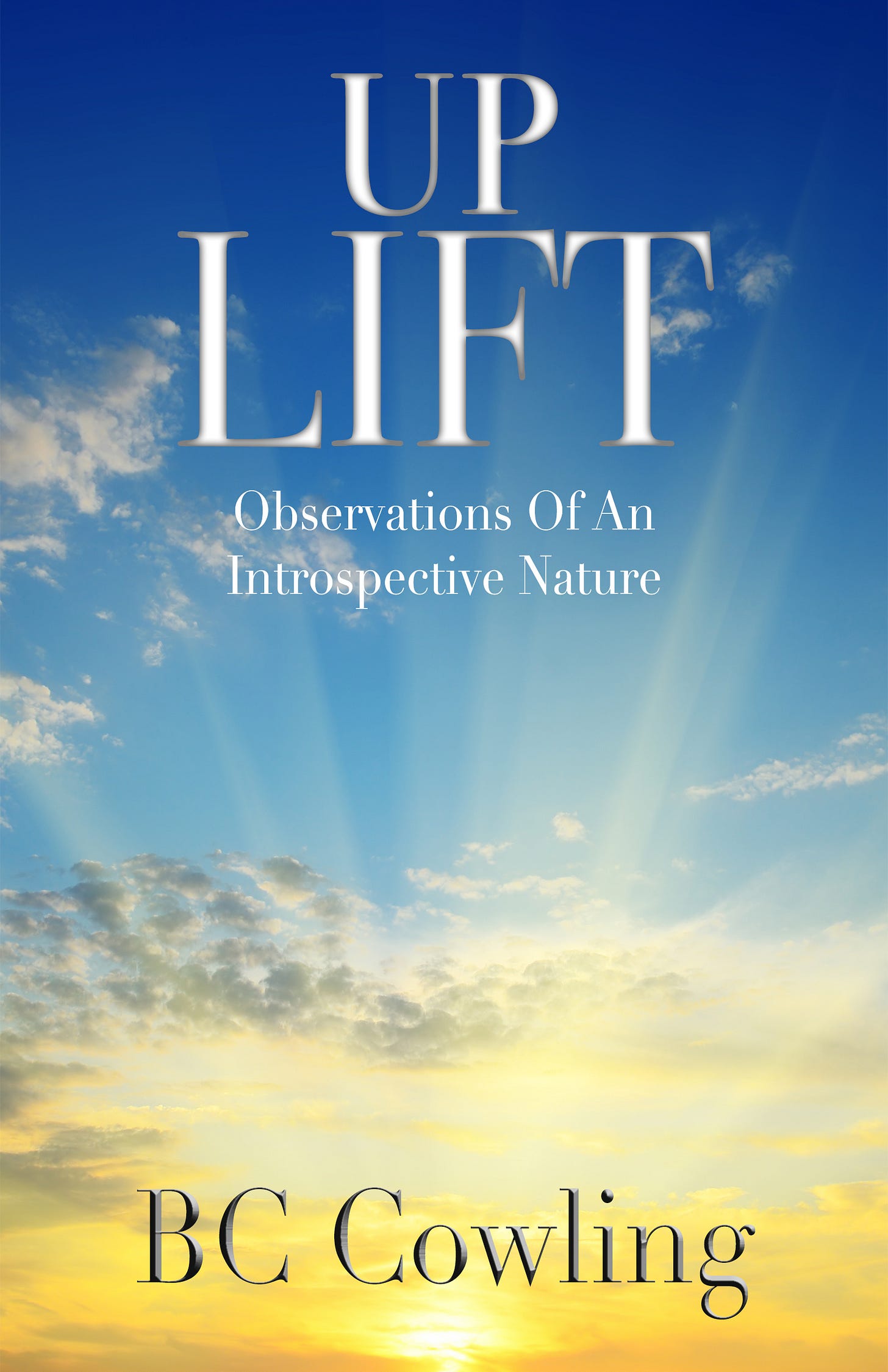I will resume posting new chapters from Flawed Genius on September 7, 2025
This is an everyman's update of Scott Peck's "The Road Less Traveled." Peck's book, published in 1978, is widely considered a masterpiece. It explores how we confront and solve problems.
Chapter Thirty Four
LISTENING
An Act of Love
How often have you told a friend about an experience, and they interrupted you to say, "I've had that happen to me, too. It went like this…" Depending on how your friend handled themselves, you might feel validated or cheated. Why? Most of us carry the need to be listened to. The greater our need, the more likely we are poor listeners.
A peer counseling network I studied taught that babies and young children who do not cry through their pain do not release their hurt entirely. Instinctively, parents pick up their little ones to comfort them when they are crying. This premature end to expressing a hurt, the theory goes, can create a small cobweb of clutter in our emotional selves. Growing up, we accumulate a large amount of this webbing, complicating our emotional responses.
One aspect of this emotional clutter is unprocessed anger. The child within us may still be upset if we were not allowed or encouraged to express our hurts. One result of this accumulated, unresolved anger is the strong need to be listened to.
Focused on outcomes, I did not evaluate the theory. During an eight-week training class of this peer counseling group, we paired off and took turns listening to each other. In turn, we experienced the difference in talking to someone who has agreed to be there with us for fifteen or thirty minutes. The talkers would then become listeners for an equal length of time.
The person in the talker role had the opportunity to bring up some of their buried pain, which they could then talk, cry, laugh, or scream about. In class, we were shown how to be an effective listener and gently assist the talker in processing and hopefully discharging some of their old pain.
There was a contractual agreement within the group not to have social contact with members, except when meeting for counseling sessions. This guideline helped to establish mutual trust and safety. I found it to be uplifting and challenging, as I was habitually hooking onto others to relieve my pain.
Short of joining a similar peer counseling group, how can we become better listeners? First, try listening. We may struggle to listen well, but keep trying. Sometimes I use the image of stapling my lips together. Other times, I'm too full of my own experiences and am not a good listener.
Good friends of mine told me they set a timer when they get home from work. Each person had five minutes to talk about their jobs. After those ten minutes passed, they agreed to put their work lives behind them for the rest of the evening or weekend. If one partner had an unusually stressful day, they could ask for extra time. The other person could give it or not, depending on their stress level.
We can ask someone to listen to us. Then switch it around. By working to become better listeners, we will likely attract good listeners to our lives. Sharing, with a balance of talking and listening, creates harmony and helps each of us live a more fulfilling life.
#
To read my previous posts, sign up for a Substack account (if you haven’t already). It’s free and only requires your email (no cc). Unsubscribe at any time with one click.
To learn about my other books, click the link below to my author's website.


